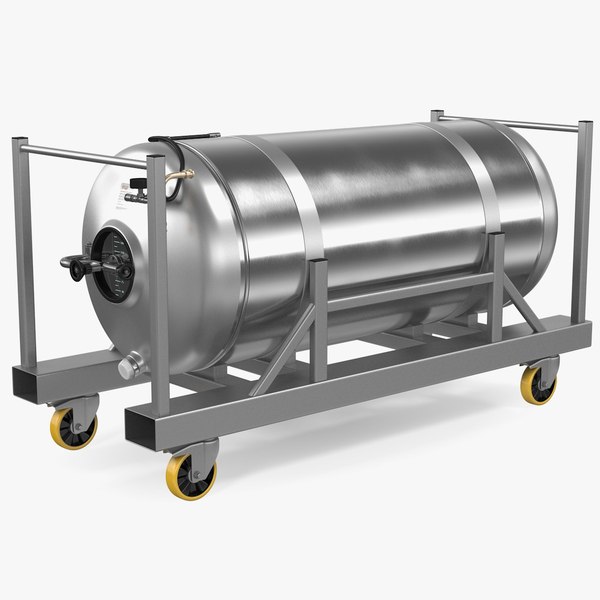
A propos de moi
Introduction:
Alcohol detachment is a condition that takes place when people abruptly stop or substantially decrease their particular alcohol intake after extended durations of heavy drinking. It's a complex and possibly deadly condition that affects millions of people globally. This report is designed to offer a comprehensive breakdown of alcohol detachment, including its signs, treatment plans, and management methods.
The signs of Alcohol Withdrawal:
The beginning and extent of alcohol withdrawal signs differ among individuals, depending on factors including the amount and extent of drinking and ones own all around health. Common medical indications include tremors, anxiety, frustration, nausea, vomiting, insomnia, increased heartbeat, and sweating. In severe instances, people can experience hallucinations, seizures, or delirium tremens (DTs), a potentially fatal problem characterized by agitation, confusion, hallucinations, and fluctuating degrees of consciousness.
Treatment Options:
Whenever dealing with alcoholic beverages detachment, it is vital to find health guidance and help. The main aim of treatment solutions are to properly handle withdrawal symptoms, prevent complications, and facilitate the change to sobriety. Doctors can assess the extent of signs and discover the right amount of attention. In moderate instances, outpatient treatment could be administered, while more severe cases might need hospitalization.
Medicines widely used in alcoholic beverages detachment therapy consist of benzodiazepines, which help decrease anxiety, relieve signs, and avoid seizures. Various other medicines including antipsychotics, anticonvulsants, and beta-blockers may be used to manage particular signs or co-occurring conditions. Furthermore, vitamin supplements, specifically thiamine (vitamin B1), are often recommended to avoid or treat possible inadequacies involving excessive drinking.
Control Techniques:
Along with health treatments, different methods may be employed to manage alcohol withdrawal successfully.
1. Supportive Care: Providing a supporting environment promotes a sense of security and comfort. Including ensuring appropriate nourishment, moisture, and sleep, as well as monitoring important indications and dealing with any health problems that could happen during withdrawal.
 2. Psychotherapy: Pursuing psychological state support, particularly guidance or psychotherapy, can play a crucial role in handling fundamental mental or emotional conditions that subscribe to alcoholic beverages dependency. These treatments assist individuals develop coping techniques, control triggers, and establish healthy alternatives to alcohol.
2. Psychotherapy: Pursuing psychological state support, particularly guidance or psychotherapy, can play a crucial role in handling fundamental mental or emotional conditions that subscribe to alcoholic beverages dependency. These treatments assist individuals develop coping techniques, control triggers, and establish healthy alternatives to alcohol.
3. Rehabilitation tools: Engaging in rehabilitation programs, such inpatient or outpatient centers, can offer an organized and supportive environment for folks searching for lasting data recovery. These programs usually combine medical treatments, counseling, and peer assistance to address the physical, emotional, and personal components of alcoholic beverages Addiction treatment thailand.
4. Follow-up Care: After doing preliminary detoxification and therapy, people should still seek continuous care. This could include participating in support groups, attending regular therapy sessions, and receiving follow-up evaluations to ensure proper physical and mental health.
Summary:
Alcohol detachment is a difficult problem that will require medical help and comprehensive support. Understanding the signs, treatment options, and management methods can considerably aid in helping individuals safely navigate the withdrawal process and attain long-lasting recovery. By providing proper care and sources, we can improve results for anyone wanting to over come alcoholic beverages addiction.
Position
Travail


